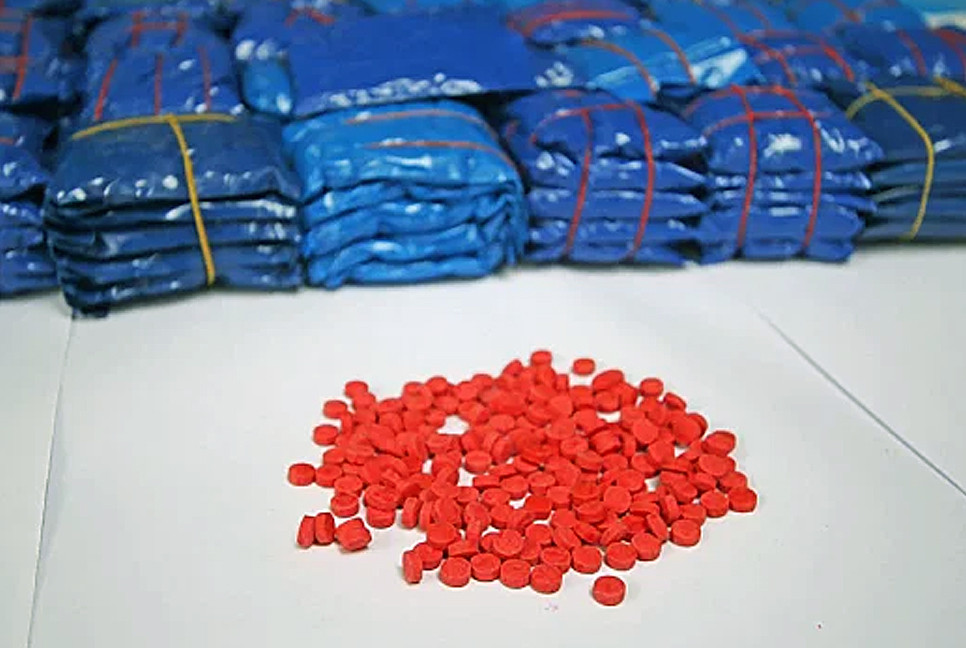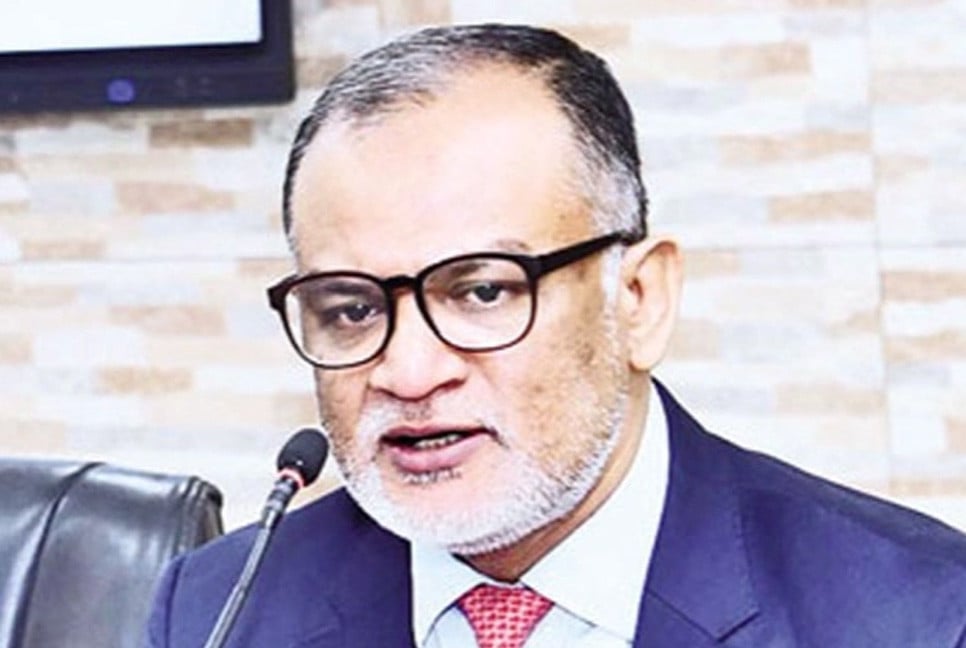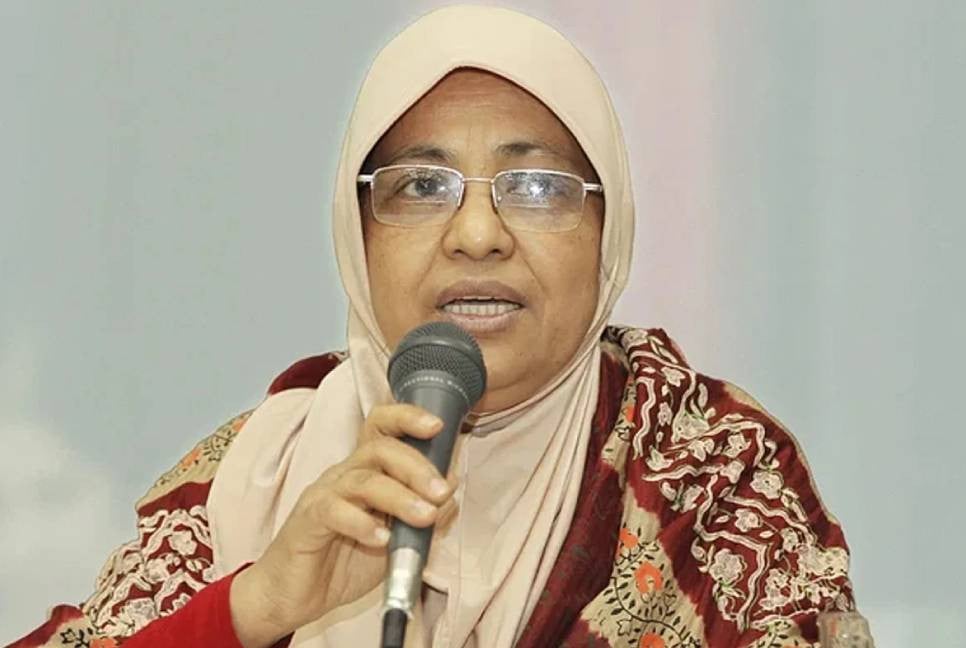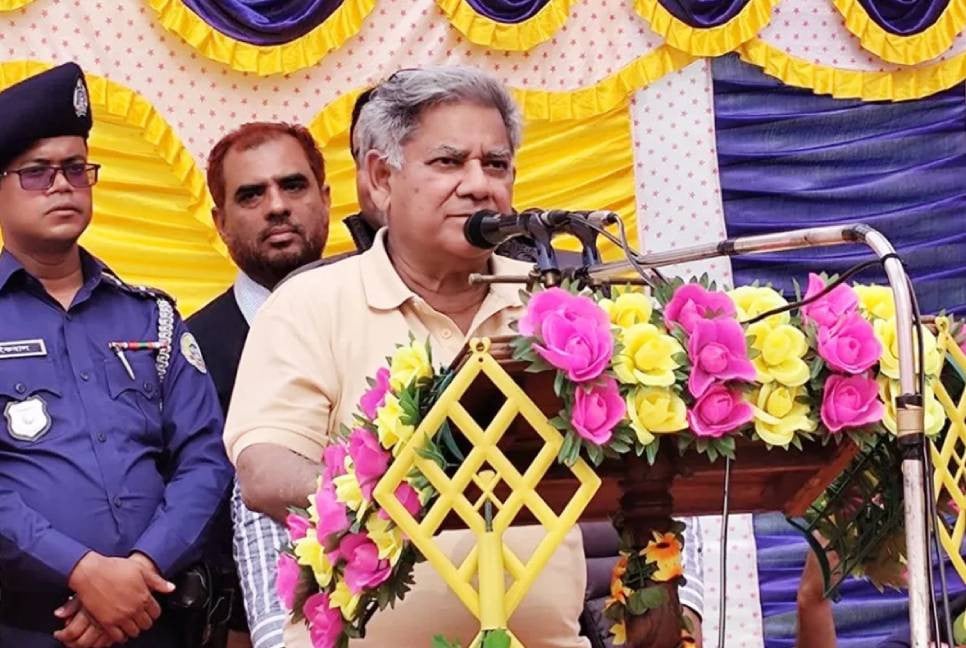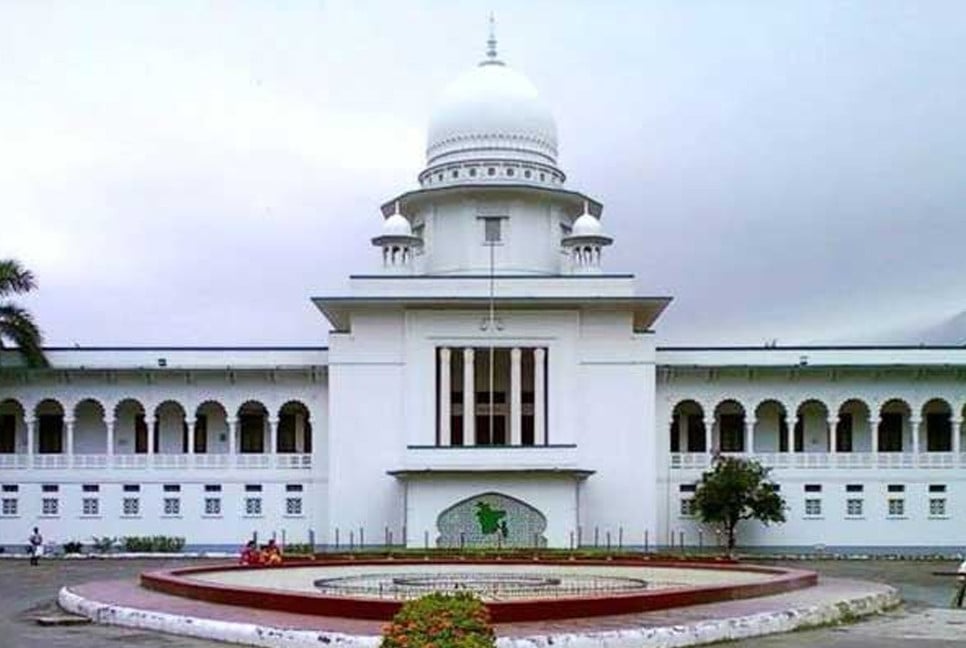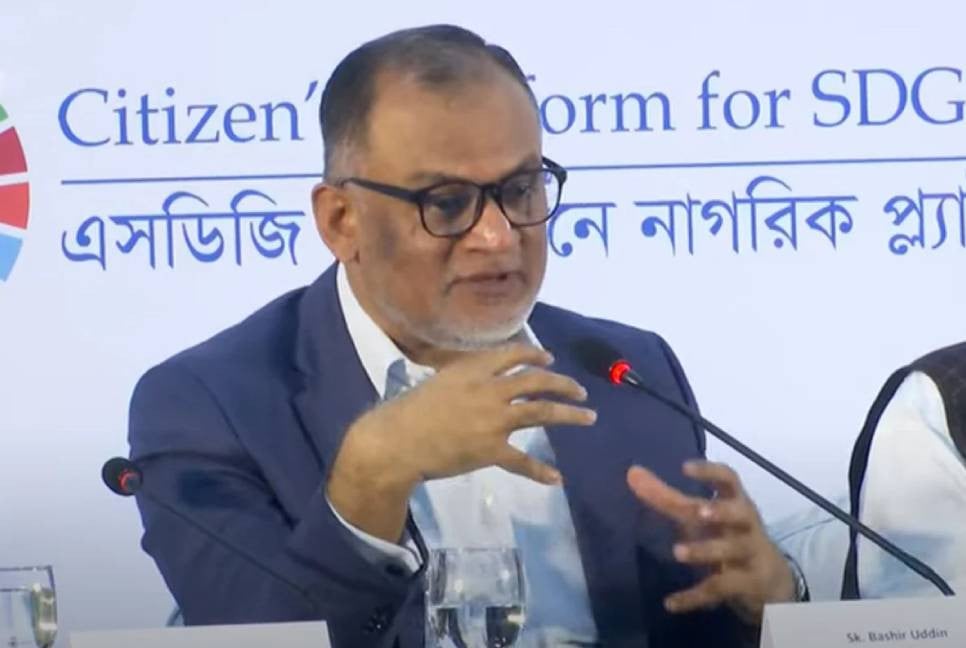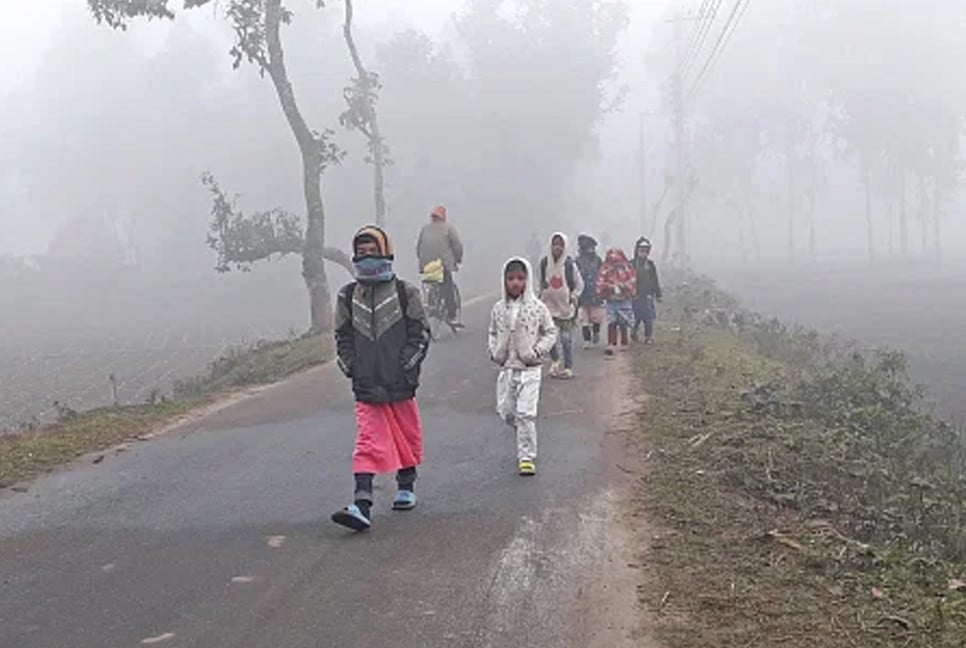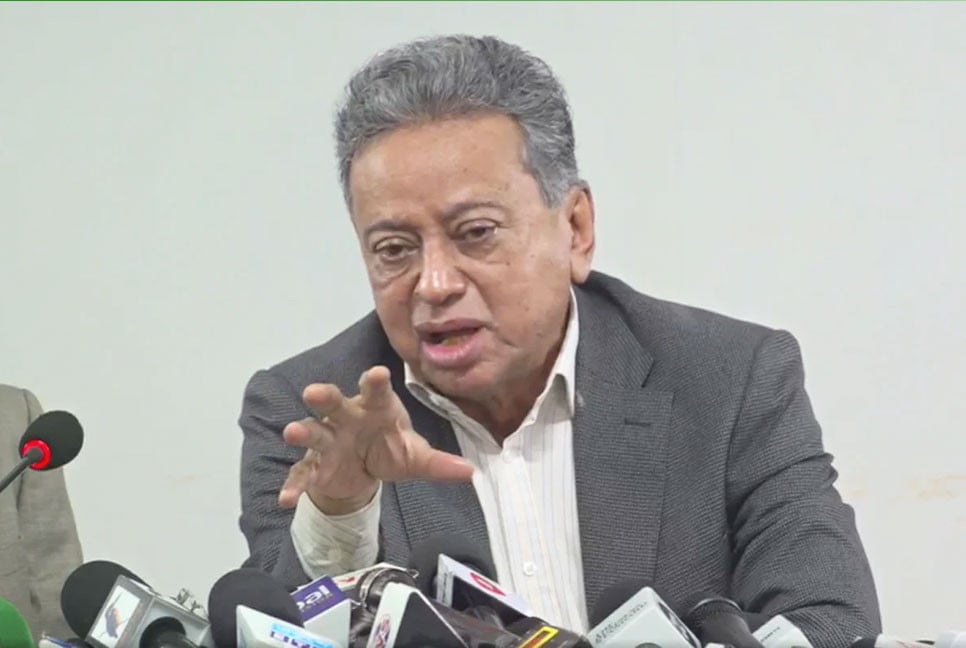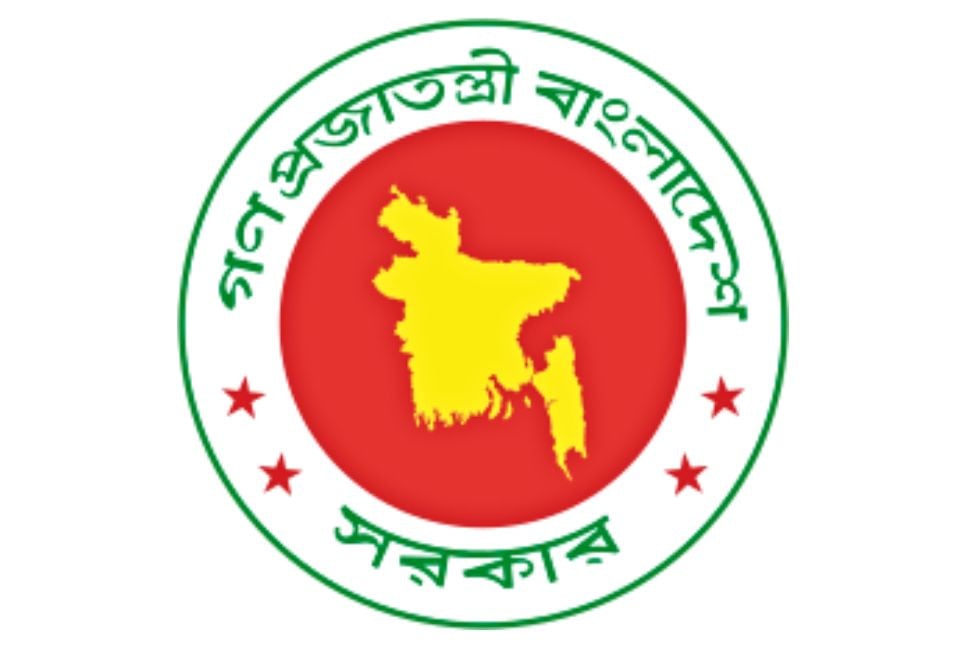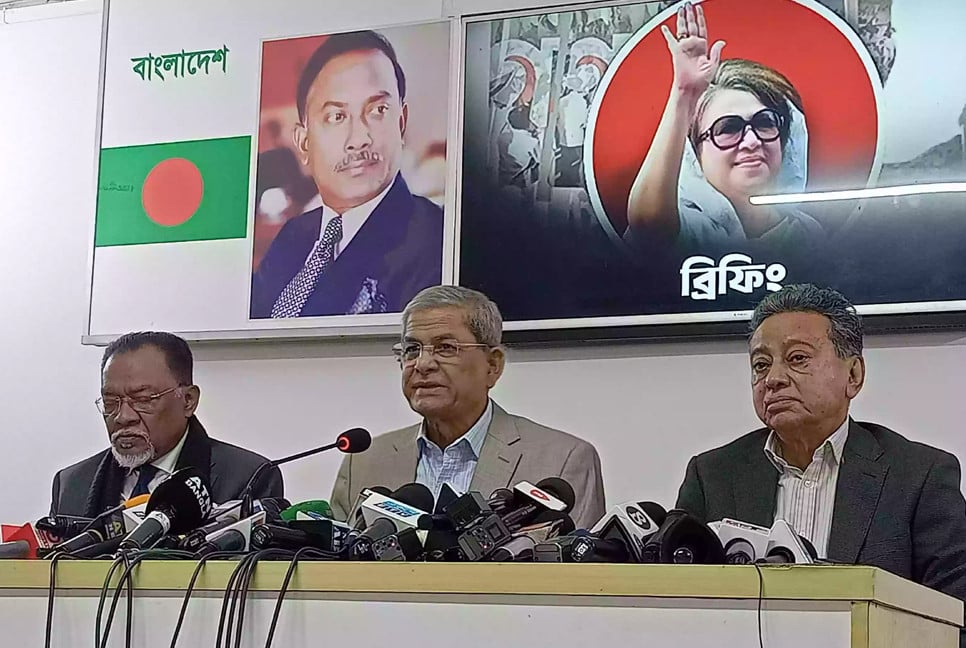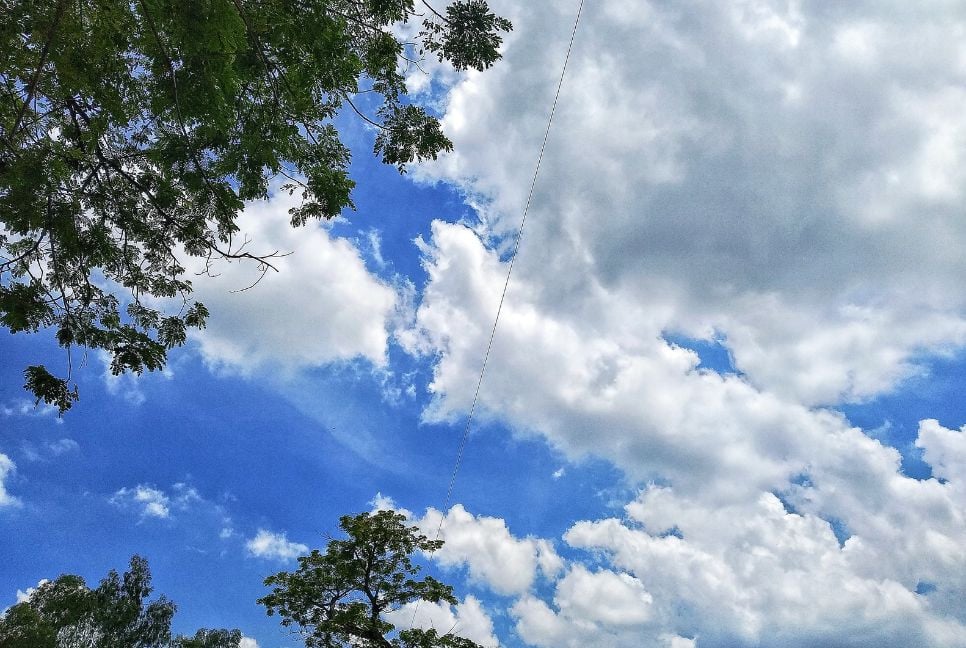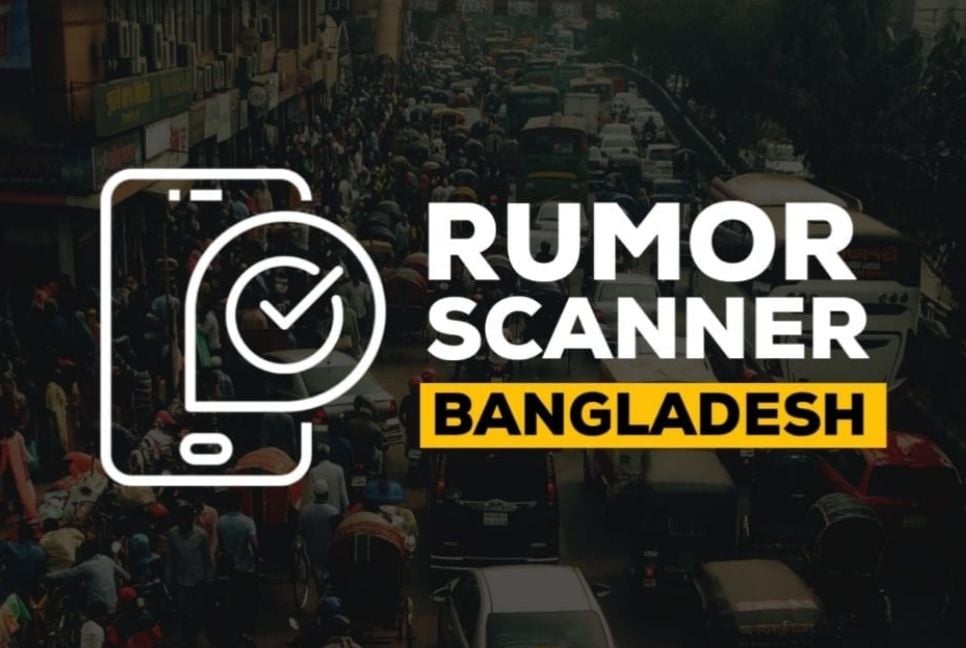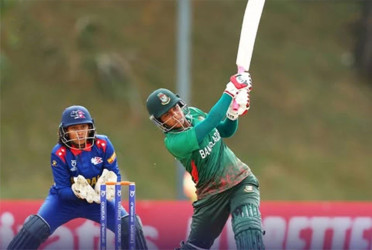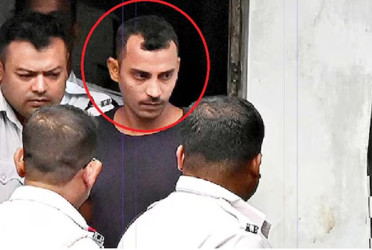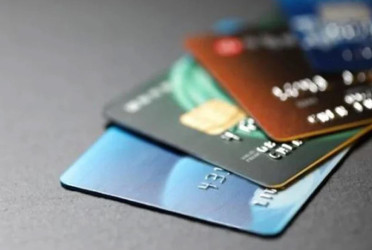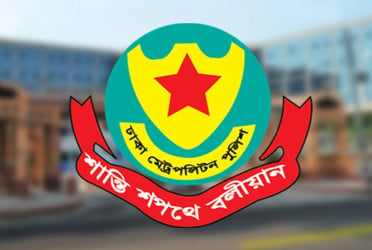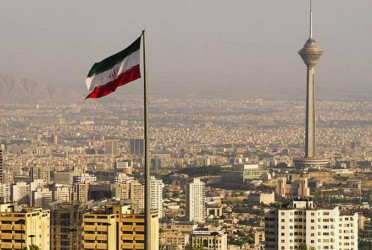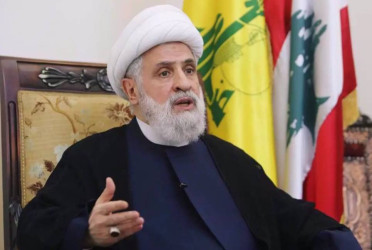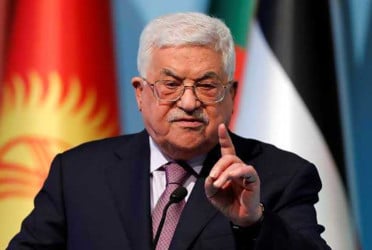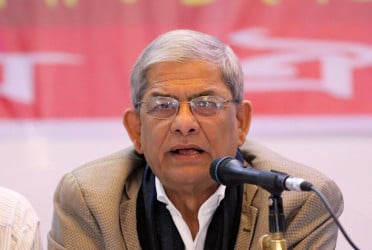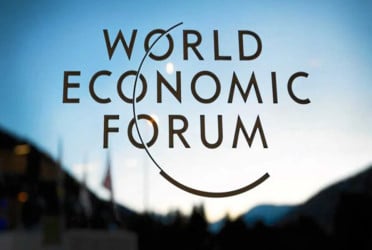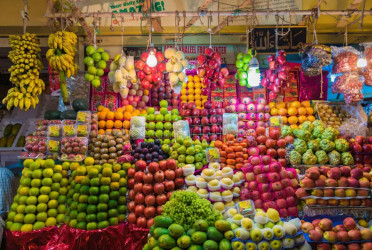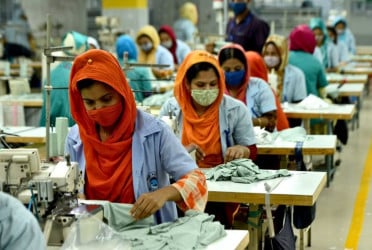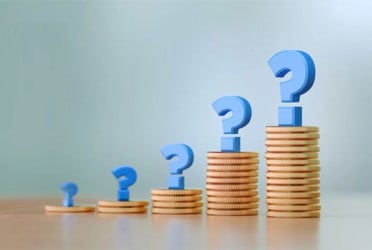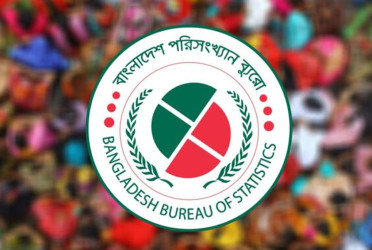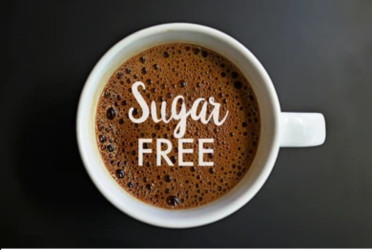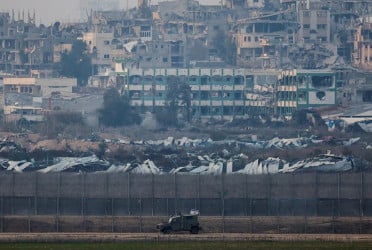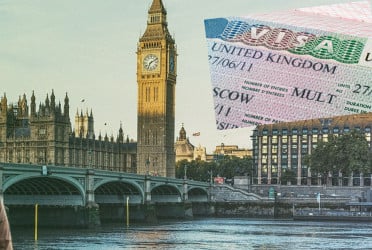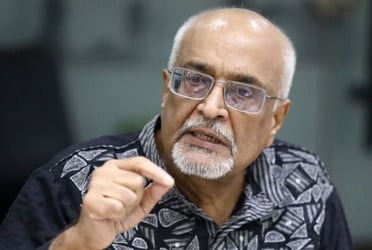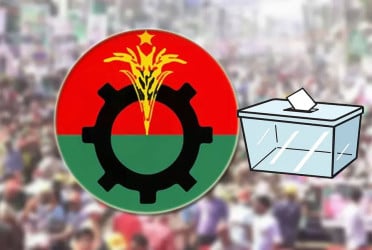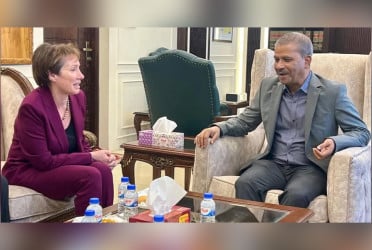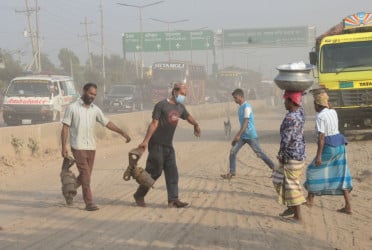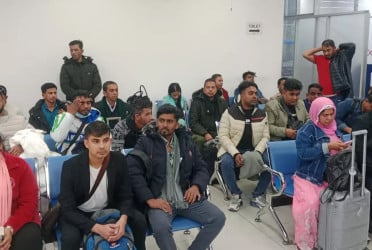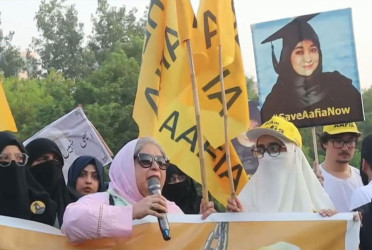Despite ongoing anti-drug operations, drug trafficking persists in the country. International drug mafias are still targeting Bangladesh, bringing in banned substances like heroin and cocaine to create an internal market.
More than a hundred top drug smugglers in this network remain obscure. Authorities believe that since August 5, both local and foreign syndicates have been attempting to exploit the country's law and order situation. These mafias are increasingly using Bangladesh as a transit route, more so than in the past.
Previously, on November 3, the Border Guard Bangladesh (BGB) seized 2.76 kg of cocaine and 1.692 kg of heroin from a bag during a train inspection at a border area of Benapole.
In addition, several other drug consignments have been seized recently, many of which have used innovative smuggling methods. Along with trains, smugglers are also carrying drugs through ambulances, private cars, inside goods consignments, and even inside their bodies. These traffickers are taking significant risks in a bid to profit more with minimal investment.
Along with yaba, dangerous drugs like crystal meth, heroin, and cocaine are regularly entering Bangladesh, and in many cases, these drugs are being transported to neighbouring countries via Bangladesh.
Tanveer Mumtaz, the director of Operations and Intelligence at the Department of Narcotics Control (DNC), said, “Every member of the DNC is giving their best effort to control narcotics. Earlier this year, the largest consignment of cocaine in the country’s history was seized. Recently, the public also witnessed a large yaba consignment arriving by air.”
When asked about the latest cocaine seizure, Lieutenant Colonel Saifullah Siddiqui, the commander of BGB’s 49th Battalion in Jessore, explained, “Based on a tip-off from intelligence forces, this cocaine consignment was recovered from the Betna Express train operating on the Khulna-Mongla-Benapole route at Benapole Railway Station. However, the smugglers fled upon realising their bag had been seized.”
According to BGB sources, although the cocaine was seized based on a tip-off, no arrests were made. The cocaine was likely intended for trade within Bangladesh. Both the police and RAB have information that drugs are regularly entering Bangladesh through border areas such as Portkhali, Shikarpur, Raghunathpur, Abhrabhulat, and Daulatpur in Benapole.
More than 50 members of international drug trafficking syndicates are reportedly involved in this activity.
Bangladesh as a smuggling route
Several sources working in the drug trade have told Bangladesh Pratidin that Bangladesh has always been an attractive corridor for drug trafficking due to its location between two major global drug production and smuggling hubs – the Golden Triangle and the Golden Crescent.
On January 25, an African national from Malawi was arrested at Hazrat Shahjalal International Airport with 8.3 kg of cocaine. Based on his information, authorities arrested five individuals, including three foreign nationals, involved in the smuggling network.
At that time, the then director general of the Department of Narcotics Control, Mustakim Billah Faruqi, stated that this was the largest cocaine consignment to date in Bangladesh. The drugs had come from Malawi and were en route through Ethiopia and Doha, heading toward India.
Bangladesh was being used as a transit point for this consignment, which had a financial value exceeding Tk 100 crore.
According to authorities, most of the drug consignments detained in Bangladesh have come from South America.
In 2013, a Peruvian national was arrested with three kg of solid cocaine, and a year later, 5.2 kg of cocaine was seized.
In 2015, a cocaine consignment was discovered at Chattogram Port, disguised as sunflower oil. Customs intelligence officers reported that among 107 drums from Bolivia, one drum contained liquid cocaine, weighing around 60 kg.
The same year, another consignment of 2.3 kg was recovered at the airport, and the accused Peruvian national was sentenced to life imprisonment.
In June 2023, a woman was arrested at the same airport with nearly 1.75 kg of cocaine. According to the United Nations Office on Drugs and Crime’s Global Report on Cocaine, Nigerian syndicates have been expanding the room of cocaine smuggling worldwide.
Narcotics seized last year
Law enforcement sources say that in the past year, approximately 701 kg of heroin and over 13 kg of cocaine were seized.
The year 2023 saw the largest heroin seizure in the last 15 years.
Mujibur Rahman Patowary, the additional director (Dhaka Division) of the DNC, reported that since 2009, 10 cocaine consignments have been seized in Bangladesh, with the country being used as a route each time. As of now, 20 individuals have been accused in these cases.
Cases and arrests
An analysis of the DNC's coordinated reports shows that in 2023, 97,241 cases were filed under the Narcotics Control Act, with around 1.2 million arrests made in these cases. However, over the last three months, there has been a decrease in both the number of arrestees and drug seizures.
Additionally, according to DNC sources, while the trade of cocaine in Bangladesh is carried out using local currency, the transactions are often transferred via cryptocurrency. A Nigerian student, Izaha Emmanuel (also known as Chidara), studying at a private university in Bangladesh, had been conducting such transactions through his Binance wallet for a long time.
Bd-pratidin English/Fariha Nowshin Chinika

